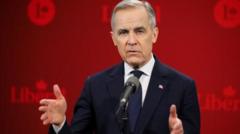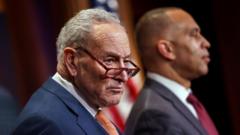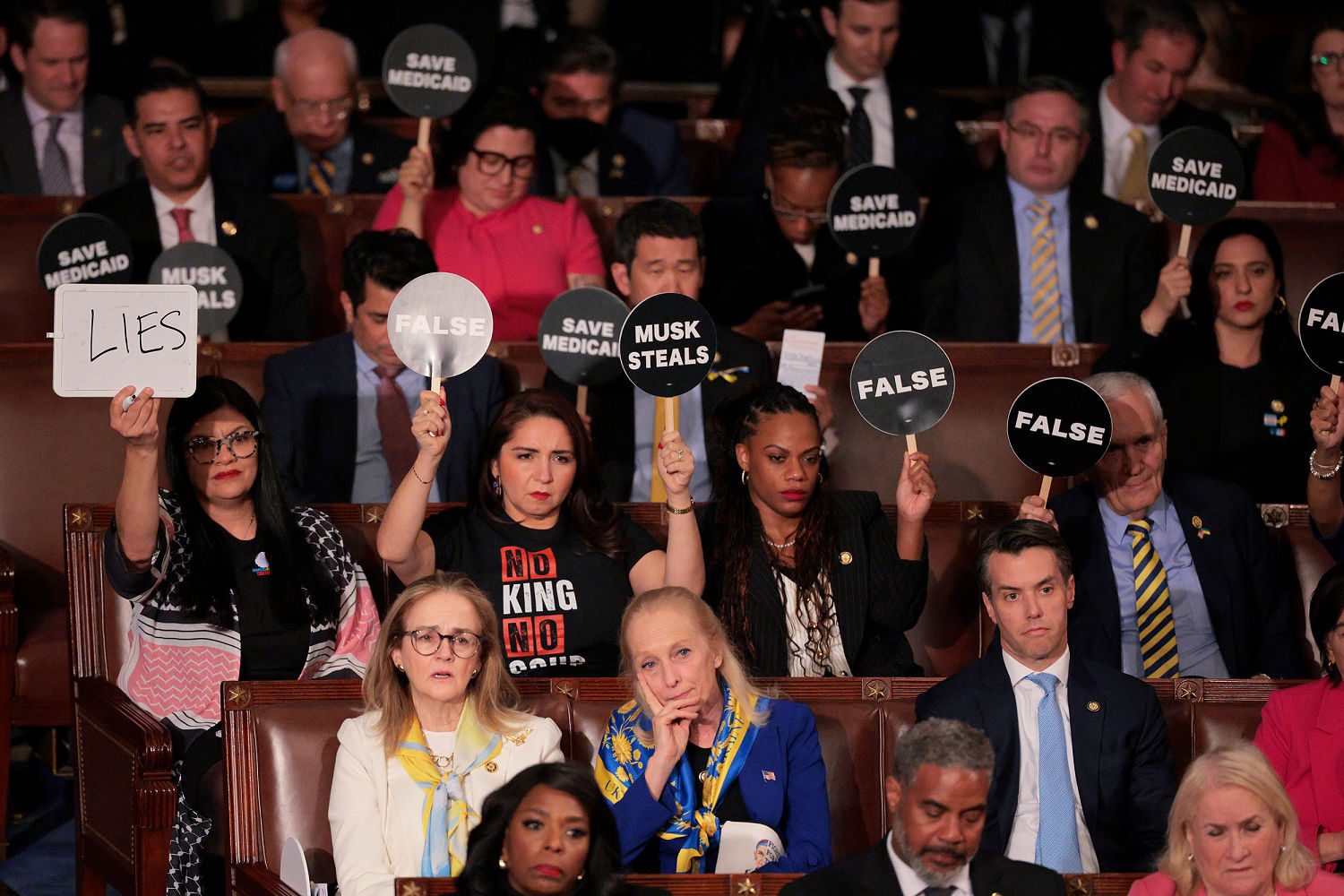It’s no surprise that President Donald Trump is dividing Americans and impacting our elections. But he’s probably the first president to emerge as a defining issue in other countries’ politics, uniting their citizens against him.
Canada presents a striking example. On average, Conservatives held healthy leads over the Liberal Party starting in September 2022. By the fall of 2023, the Tories led by double digits. The day Trump was inaugurated, the Conservative lead ballooned to an average of over 20-points.
In a few short weeks, President Trump’s insults, threats, attacks and tariffs dramatically altered Canada’s electoral landscapes.
Since Trump’s inauguration, support for Canada’s conservatives has plunged seven points while support for the Liberals has skyrocketed by 18-points, and they now narrowly lead a race where their victory has long been judged impossible.
Our president succeeded in uniting Canadians to a rare extent, reminding them that despite their differences, they are part of one country that is threatened by their neighbor, and one time ally, to the south.
While Liberal Prime Minister Mark Carney and Conservative leader Pierre Poilievre each claim they are better equipped to deal with Trump, they have few if any differences over how to do so.
Both vow Canada will never become the 51st state and both promised to retaliate against American tariffs. Carney called a snap election Sunday saying, “President Trump claims that Canada isn’t a real country. He wants to break us so America can own us. We will not let that happen. We’re over the shock of the betrayal, but we should never forget the lessons.”
Poilievre began his campaign insisting, “We will never be the 51st state. We will bear any burden and pay any price to protect the sovereignty and independence of our country.”
Until Trump stepped in, former Prime Minister Trudeau’s carbon tax and long tenure were key election issues. But handling Trump displaced them as the central concern, despite the fact there are minimal differences between the two leading parties and their candidates on America’s president.
Yet, the Canadian public distinguishes clearly between them.
Carney has a 17-point lead as the “tough negotiator who will get the best deal for Canada from the U.S.,” while by an 11-point margin Poilievre is seen as more likely “to roll over and accept whatever Trump demands.”
That said, with his unfavorables at 78 percent, Trump has made himself the central issue in Canada’s election and united that country in opposition to him.
Trump also brought Greenlanders together to oppose him.
Jens-Frederik Nielsen, likely Greenland’s next prime minister whose Demokraatit party came in first in the island’s recent election, summarized his view this way, “We don’t want to be Americans. No, we don’t want to be Danes. We want to be Greenlanders, and we want our own independence in the future. And we want to build our own country by ourselves.”
A January poll found 85 percent of Greenlanders oppose their homeland becoming part of the United States, while just 6 percent favor Trump’s position.
Antipathy toward Trump is uniting Europeans more broadly. Over half see Trump as an “enemy” of Europe, while only 9 percent see him as a friend of the continent.
Eighty-two percent of Europeans see the American president as either a dictator or an authoritarian. Just 13 percent believe he respects democratic principles.
Favorable views of the U.S. declined by 8 to 28 points across seven European countries and are among the lowest ever recorded. Majorities in Germany, Britain and other nations now have unfavorable views of the U.S.
Seventy-two percent of French citizens and 80 percent of the British harbor unfavorable views of Trump himself. Indeed, large majorities in Britian, France, Germany, Italy and Spain consider the president of the U.S. to be a “big threat” to “peace and security in Europe.”
While Trump is sowing division at home, he is fostering unity abroad — galvanizing large majorities to oppose him.
Mellman is president of The Mellman Group a political consultancy. Mellman served as pollster to Senate Democratic leaders for over 20 years. He is also president of Democratic Majority for Israel.














